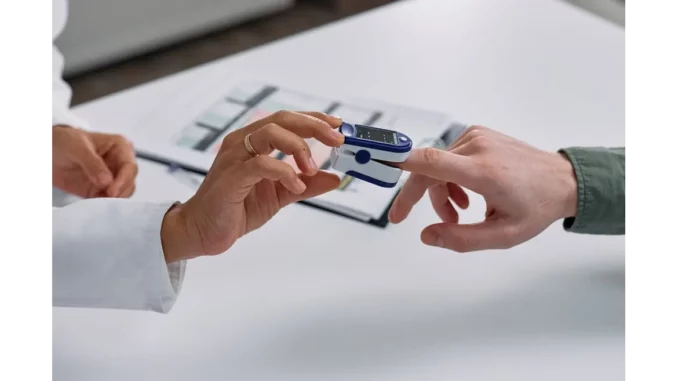
In an age where the synergy between technology and healthcare is becoming increasingly vital, the biosensors market emerges as a beacon of innovation. Recently, I had the privilege of engaging in a conversation with Dr. Emily Carter, a distinguished expert with over a decade of experience in biosensor technology. Our discussion shed light on the remarkable advancements and future prospects that make this field both dynamic and transformative.
Dr. Carter’s insights were delivered with a blend of enthusiasm and a sense of realism that comes from years of dedicated research. “The biosensors market is not merely evolving; it is redefining our approach to health monitoring and diagnostics,” she remarked, setting the stage for a captivating dialogue. Her perspective on the transformative changes within the market was particularly enlightening. “In recent years, there has been a noticeable shift in consumer preferences,” Dr. Carter observed. “Today’s consumers are more health-conscious and technologically adept, seeking devices that integrate seamlessly into their lives while delivering accurate health data.”
This consumer-driven shift has catalysed a wave of technological innovations that Dr. Carter is passionately committed to exploring. “The integration of electrochemical, optical, and piezoelectric biosensors represents only the beginning of what is possible,” she explained. “These technologies enable the creation of devices capable of detecting glucose levels, cardiac markers, and even potential cancer indicators with remarkable precision.” Such advancements underline the potential of biosensors to revolutionise health monitoring.
A particularly exciting trend is the development of wearable biosensors. “Wearable devices, such as wristbands and smartwatches, are evolving beyond simple activity trackers,” Dr. Carter noted. “They are becoming sophisticated health monitors, reflecting the growing demand for devices that align with modern lifestyles while providing essential health insights.” This evolution underscores the increasing consumer desire for comprehensive health monitoring solutions that are both accessible and user-friendly.
As our conversation deepened, Dr. Carter highlighted the critical role of sustainability in biosensor development. “Sustainability is not merely a trend but a fundamental requirement,” she stated emphatically. “Our objective is to design biosensors that are not only effective but also environmentally responsible. This involves utilising sustainable materials and ensuring our devices leave a minimal ecological footprint.” Such considerations are crucial as the industry seeks to balance technological progress with environmental stewardship.
Dr. Carter also discussed the strategic imperatives guiding the biosensors market, emphasising the importance of understanding supplier dynamics and demand fluctuations. “A holistic market understanding is essential,” she explained. “Tools like Porter’s Five Forces and PESTLE Analysis allow us to anticipate changes rather than simply react to them.” This proactive approach is vital in maintaining a competitive edge in an ever-evolving market landscape.
Looking to the future, Dr. Carter expressed optimism about the immense potential within the biosensors market. “The integration of advanced technologies and digital platforms is poised to enhance market accessibility and consumer engagement,” she predicted. “We are on the cusp of a new era in health monitoring and diagnostics.” However, she was also candid about the challenges that accompany innovation. “Regulatory hurdles, the need for ongoing technological upgrades, and the challenge of making these devices affordable to a wider audience are obstacles we must overcome,” she acknowledged. Yet, her confidence in addressing these challenges was palpable.
As our dialogue concluded, I inquired about what Dr. Carter finds most fulfilling in her work. Her response was both simple and profound: “It’s the impact,” she said. “Knowing that our work has the potential to improve lives, to facilitate early disease detection, and to empower individuals with the tools to manage their health—that is what makes it all worthwhile.”
Reflecting on my conversation with Dr. Emily Carter, it is evident that the biosensors market extends beyond mere technological innovation. It embodies a vision for a healthier, more proactive future. As we navigate this ever-changing landscape, the advancements in biosensors stand as a testament to the remarkable achievements possible when necessity and innovation converge.


Be the first to comment